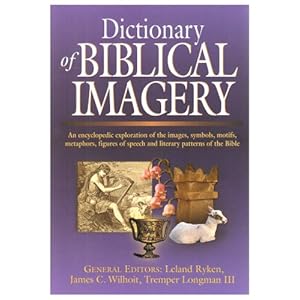The prayer of intercession below was written for our shared worship this morning where I'll be preaching down the coast a bit. (The photo was taken on a sunny day on Inverbervie beach). I guess one of the besetting sins we find it difficult to identify and name is the sin of praying more to our own advantage than to the world's. So it seems to me.In one sense a sin of omission, not praying for others. In another sense a sin of commission, as the self elbows out the needs of a whole world.
Intercession is a de-selfing of prayer, a silencing of our own pushy at times noisy agendas. Compassion is something we feel that only grows towards fruitfulness when it acts. Intercessory prayer is enacted compassion, as important as, and never a substitute for, costly giving, the inconvenience of putting others first, imaginative action that makes a difference and gives love embodied presence.
Put simply, prayer is something we do because we believe in the compassionate mercy and self-giving love that lies at the heart of all reality as the Triune God of Eternal Grace. To not intercede for others, to pray mostly for ourselves, our church our personal spiritual lives, is a failure of compassion; more it is a failure of faith. As if I didn't believe praying for others would make any difference to their lives. Anyway out of such thoughts, comes this prayer. The responses by the congregation are sung, using the familiar praise song.
Creator God, Who gives us life,
who gives life to the world,
who loves and cares for all people,
forgive those narrow windows we look through
seeing only our own life,
anxious only for our own needs.
Forgive us our self centred perspectives
our prayers first of all for our own blessing.
Forgive our limited horizons,
thinking first of our
selves, our church, our plans,
at times blind to the beauty and brokenness of your world,
until catastrophe opens our eyes
and make us see a suffering world as you see it,
with determined compassion and redemptive purposes.
Be still and know, that I am God
(x3)
Lord widen our windows so see beyond ourselves.
You teach us to look at the world through the eyes of your
love.
Your Spirit pushes back our horizons and opens our
hearts
to include those far from us, and
different from us,
yet all are yours.
Teach us what love is,
the self-giving that we believe lies at the heart of all
reality,
because you revealed it in Jesus Christ, crucified and
risen.
So as we pray for our broken world;
its wars and conflicts;
the hatreds and the enmities;
all injustices and poverty;
the greed and the waste;
the lost hopes and the growing despairs;
mega-problems that threaten to overwhelm,
disasters that all our technology and resources can’t
fix.
As we pray then, for our broken world,
Where people face famine and disease,
loss of home and the
crushing of freedom,
the fear of war and co nsequences of conflict,
we lift this world you love before you,
the God of all grace
and love,
and ask the blessing of your peace
and the healing of your
mercy,
through Christ who is our mercy and peace,
in the power of the Holy Spirit of life,
Amen
In Thee O Lord, I put my trust (x3)
In Thee O Lord, do I put my trust (x3)
